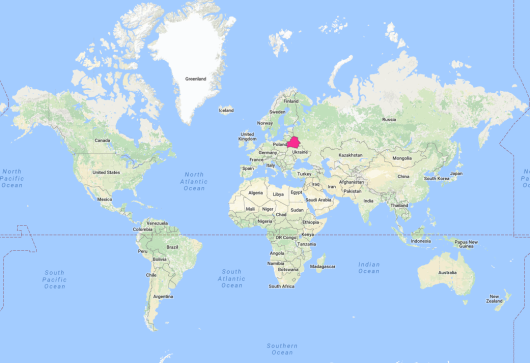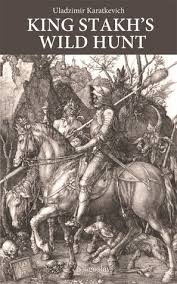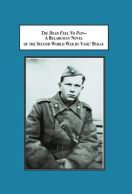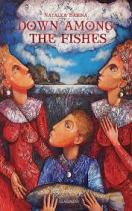Background:
Belarus is a landlocked country in Eastern Europe, neighboring Russia, Ukraine and Poland. Because of it’s geographical position, the country has been fighting for its identity and independence from its neighbors throughout modern history. About 40% of it’s area is forested with many streams, rivers and lakes. The economy is dominated by services and manufacturing industries. Belarus has an authoritarian rule and has been in the ‘Lukashenko era’ since 1994. It has been raked at 157th among 180 for freedom of press by “Reporters without Borders” in 2013-14. It is the only country in Europe to still retain Capital punishment. In 2005, the US listed Belarus as Europe’s only remaining “outpost of tyranny”.

Belarus has a long literary tradition and a huge body of literature, dominated by its many poets. According to theculturetrip.com , modern literature has two main themes – national allegiance and the existence of a common peasant. There are also an overwhelming number of works portraying the suffering caused by the war – the havoc wreaked during and the devastation left after.
Any reading from Belarus would have to be a reflection of the pain the region has gone through during the wars and the impact it has had on the culture. The book I have chosen is one such gem of contemporary literature. King Stakh’s Wild Hunt by Uladzimir Karatkievich is deemed a Belorussian classic. It was a hard choice, considering the options available from Belarus. However, my love of historical fiction prevailed in the end. I expect this to be a unique read.
Review:
King Stakh’s Wild Hunt is a dark tale as hinted from the setting and the title, reminding of the Headless Hunt. In spite of the darker elements, it is far from depressing. It is set in a remote estate in the middle of nowhere, with a huge gaping marsh leading to it. The love of one’s land is the basic trait of all species of this planet. A deviation from this fact is shocking. The people here are bound to the land by a curse and lack of alternatives.
‘It is our land, a land we do not love, a terrible land. May God forgive us!…’
The story unfolds on a dark night. A young heiress inhabiting the huge crumbling house, living on a meager income and almost complete isolation from civilization, is haunted by a curse placed on her forefathers. Each step of the way, this fragile girl of barely 18, is aware of the sins committed by the ancestors, the suffering caused by them, the blood shed on this land.
‘How many murdered or frightened to death, how many unfortunates! We haven’t the right to exist, even the most honest of us, the very best of us. The blood in our veins is not blue, it’s dirty blood’
Being the sole survivor of the family, she carries the unfortunate additional burden of strong ethics. She has remorse enough for all the generations of the past. She has almost accepted her role of paying for her ancestors’ sins and lives life in a state of constant fear, expecting the worst:
‘Not the fright that makes one’s hair stand on end for a moment,but the fright that finally becomes a habitual state impossible to get rid of even in one’s sleep.’
This delicate balance is disturbed when the night brings in an intruder in the form of the narrator, an ethnographer, an outsider with an active interest in legends and a willingness to help. His attitude can be summarized by his lines below:
‘People say that fate usually grants long life to fools so that they should have enough in which to acquire rich experience, experience that will make up to them for a lack of wisdom. Well then, I wish I were twice as foolish and might live twice as long, for I am an inquisitive fellow.’
How he gets dragged into this relic of history is the crux of the story. The novel also upholds starkly the class conflict between the peasants and the aristocracy, the basis of so much strife in the region.
I loved the narrative style which is a curious combination of desolation felt by the aristocracy and the hope, cheerfulness and a distance from the past as personified by the narrator, a representative of the post-war era. In the translation I read by Mary Mintz, extensive notes were given for the Belorussian terms, which not only provided a meaning, but also a context from history or mythology. They greatly enhanced the understanding of the story. I highly recommend this enjoyable tale for a reading for Belarus.
Other Options from Belarus:
The Dead Feel No Pain – Vasil Bykau
 Portrayal of WW II from a soldier’s perspective
Portrayal of WW II from a soldier’s perspective
Down Among the Fishes – Natalka Babina
 Twin sisters set out to explore the conditions of their grandmother’s unexpected death in Belarus countryside
Twin sisters set out to explore the conditions of their grandmother’s unexpected death in Belarus countryside

